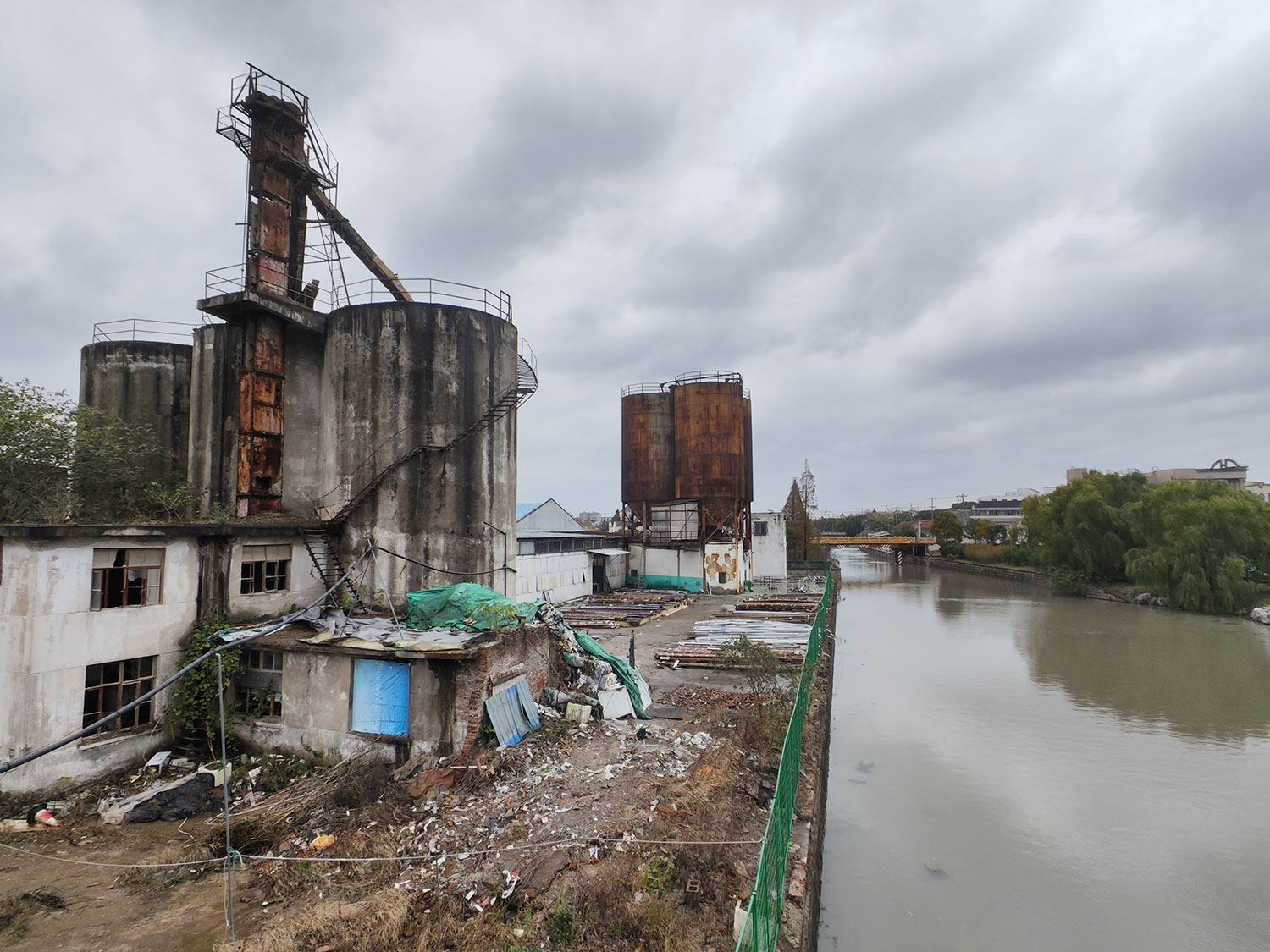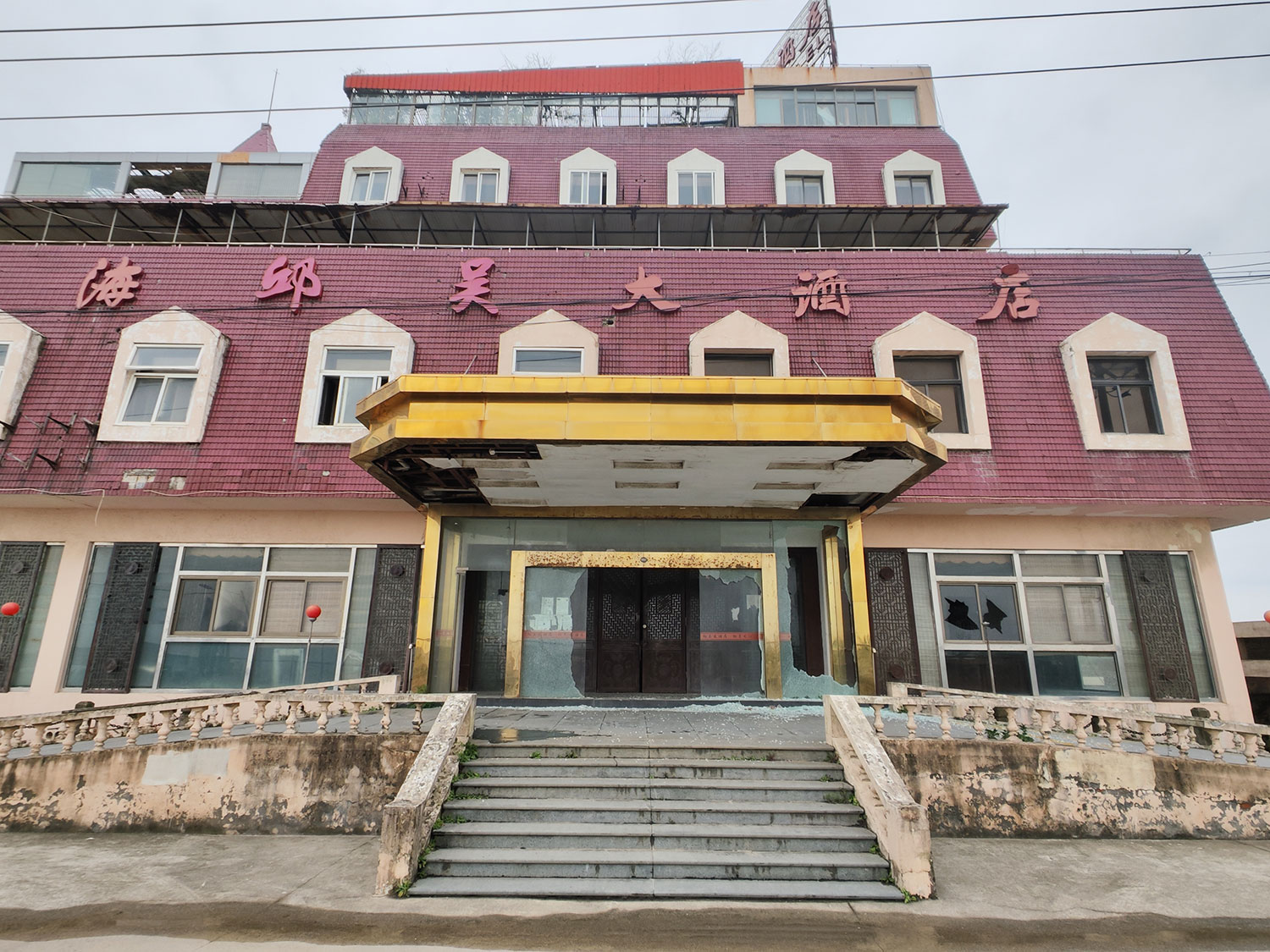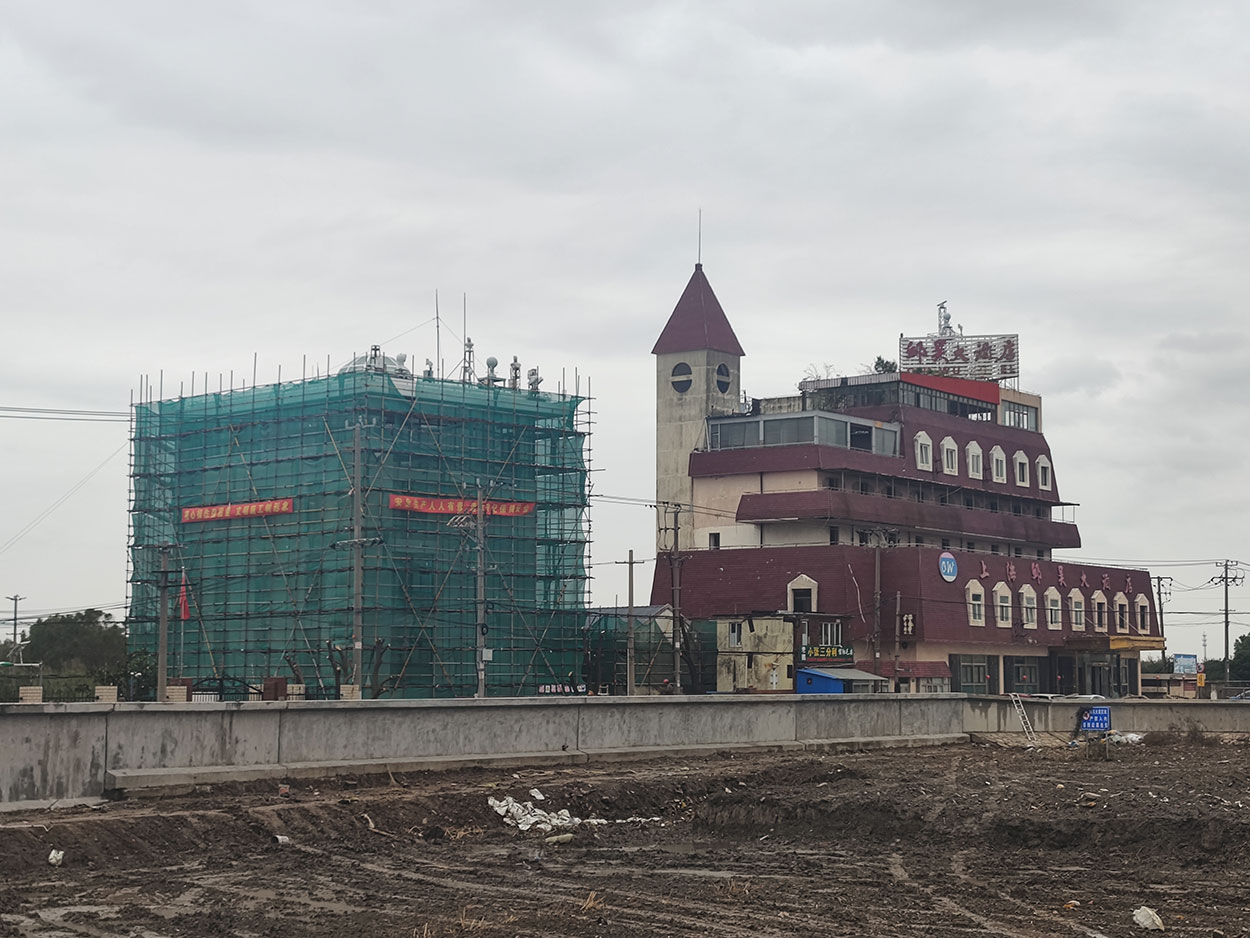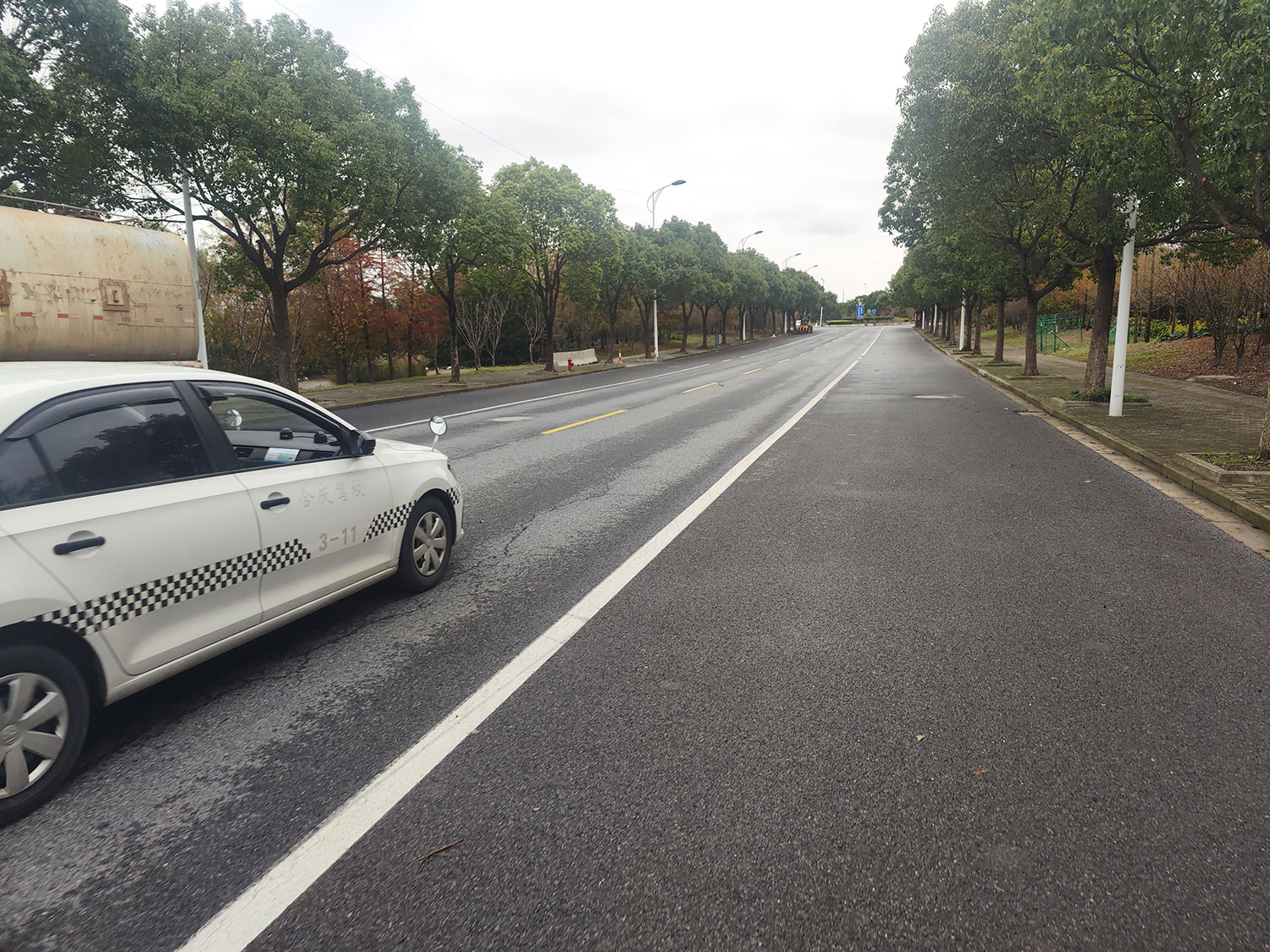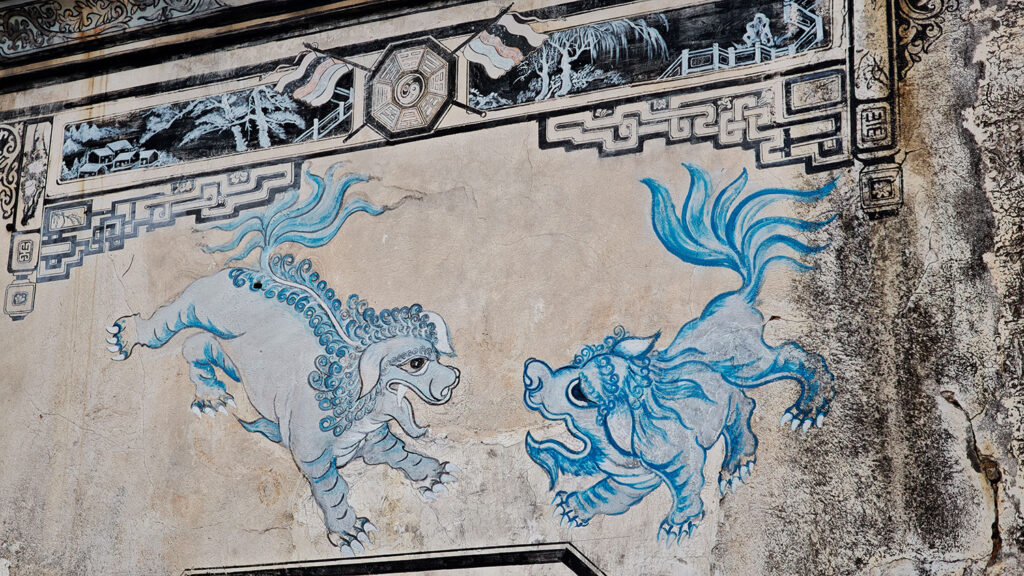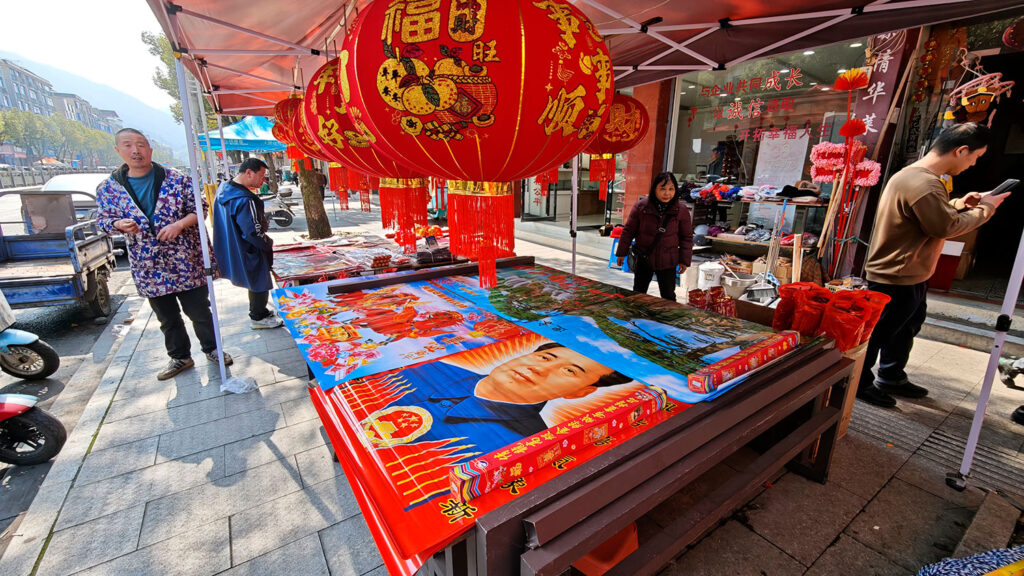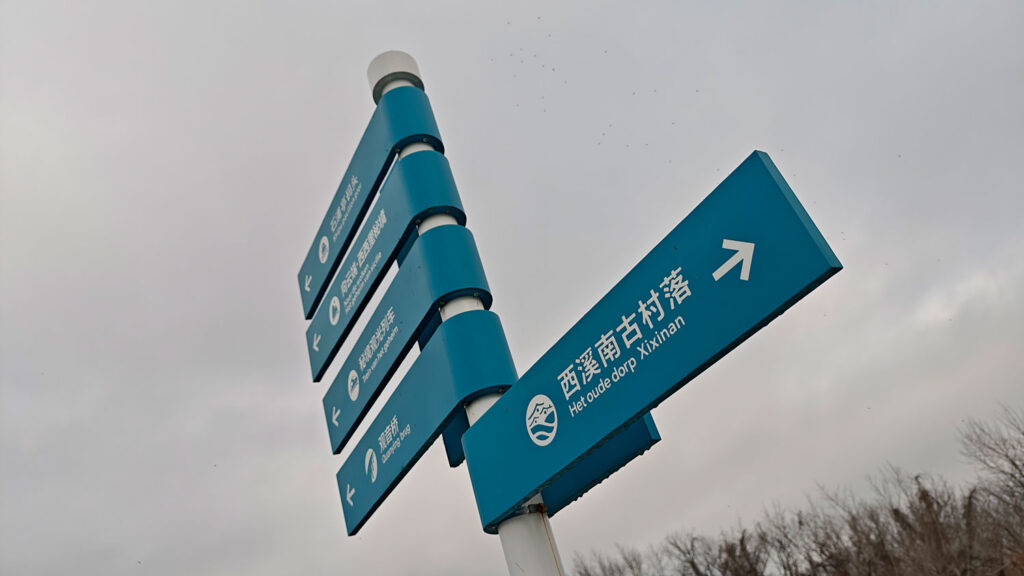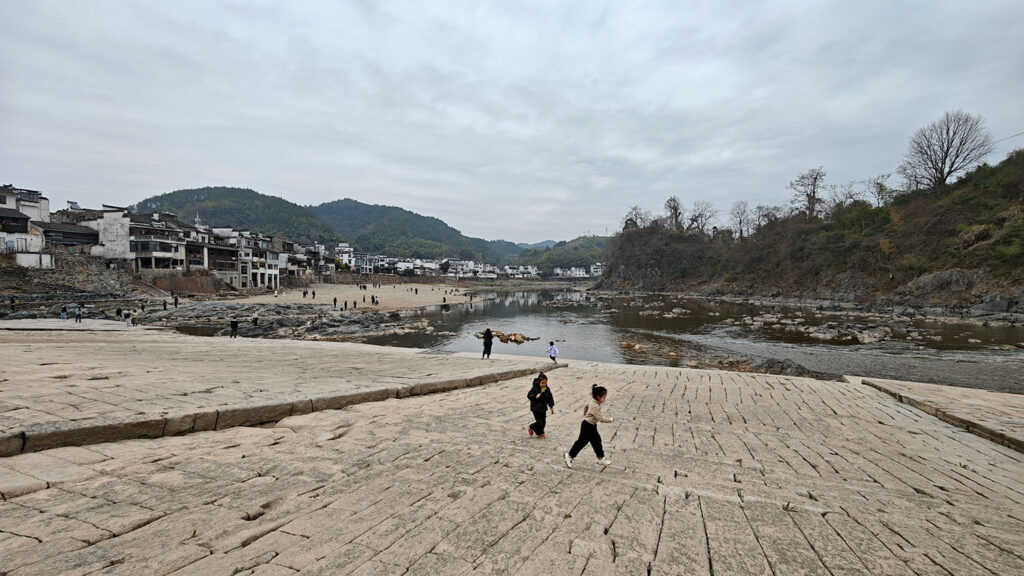If there’s ever a post-apocalyptic world, I think it’ll look like the outskirts of Shanghai’s Pudong district. On my ride, I see fishers, goats, highrises, and empty playgrounds. One access road to the river bank is barricaded, another is under construction. Buildings are rusting away or are slowly being taken back by nature.

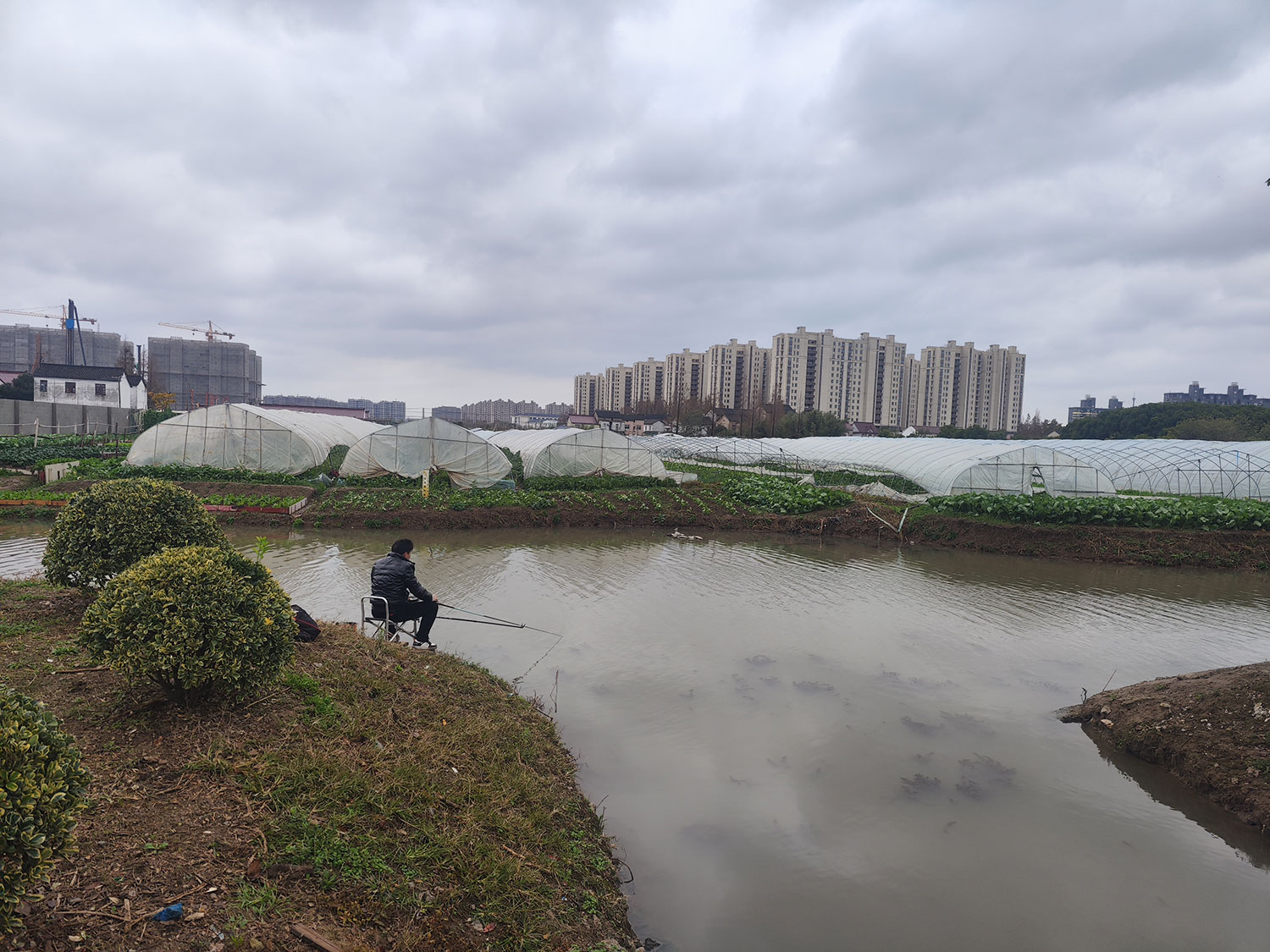

The area here feels like the opposite of the office, even though that is part of it. I recently started a new job at a Chinese tech company in Pudong, and it’s fantastic as well as chaotic. The company consists of departments filled with extremely smart colleagues — all Chinese, mostly with overseas study experience. And the devices we produce are a compromise of different aspects; the battery, the performance, the PC requirements, weight, heat transfer, portability, and so on. And the departments are much like that as well, each with different priorities. This’ll be a learning journey for me as well, and I hope I can write more about it (I may need to ask HR).
It’s not just what we make, but how we make it. There’s a high working pressure, but there’s also a warm side to this. There are always people in the office. And because for me it’s only a three minutes walk from my apartment, I can choose to be surrounded by people immediately. Even if everybody is minding their own screen, it feels like a living room, or at least a library where everybody is studying.
The outskirts of Shanghai’s outskirts are the place of golf courses, where rich and poor live next door to each other, but never together. (Actually, if you want to read more about the phenomena, which is not unique to China, I suggest you read Folding Beijing (北京折叠) from Hao Jingfang (郝景芳), in Uncanny Magazine. This is where crops grow on tiny plots, where trucks park, where driving lessons take place, and where I get a flat tire.
Well, those are the thoughts now — all in a ride.

